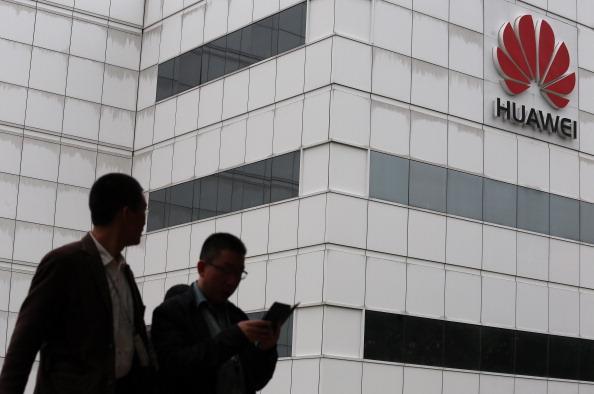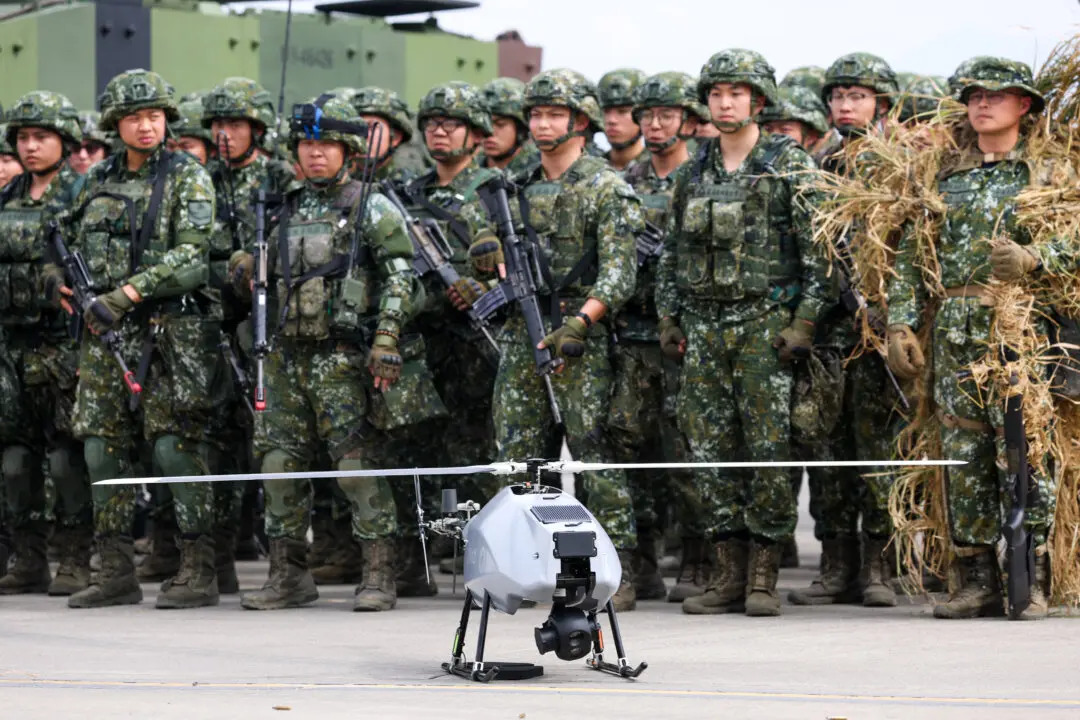The next generation of wireless mobile communications technology—known as 5G—is considered key to revolutionizing many different industries: transportation, healthcare, and manufacturing, to name a few. Countries are currently vying for leadership in 5G because that is seen as critical to economic growth.
China’s ambition in the 5G race is stated clearly in its national policy. In May 2015, when Beijing first unveiled its “Made in China 2025” program, it called for “comprehensive breakthrough in 5G technology.” The regime’s 5G ambition was stressed again in the 13th Five-Year Plan (2016–2020), with a call for “actively pushing forward 5G technology and ultra-broadband technology, and to jump-start the commercialization of 5G.”





